Starting a medicinal herb garden isn’t just rewarding; it’s one of the best ways to bring natural remedies to your own backyard. You don’t need acres of land or years of experience—just a little planning, some patience, and a bit of curiosity. With a small collection of plants, you can have remedies on hand for headaches, colds, digestive issues, and more. I’ll walk you through 15 easy-to-grow herbs that tackle common ailments and show you how to care for and use each one. By the time you’re done, you’ll have a reliable source of natural medicine at your fingertips.
Here’s everything you need to start a medicinal herb garden for healing and health:
1. Peppermint for Digestive Issues
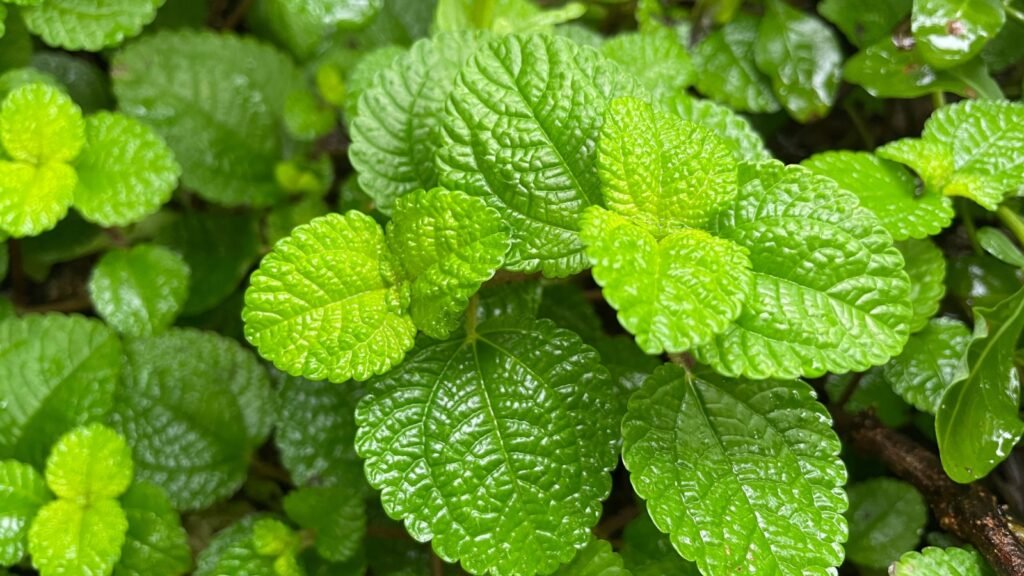
Peppermint is one of the best herbs for soothing digestion. It’s known to help relieve gas, bloating, and even nausea. This hardy plant thrives in part shade and moist soil, and it’s best grown in a container to keep it from spreading too much. To use, steep fresh leaves in hot water to make a calming tea, or crush and inhale the scent to ease nausea.
2. Chamomile for Stress Relief and Sleep
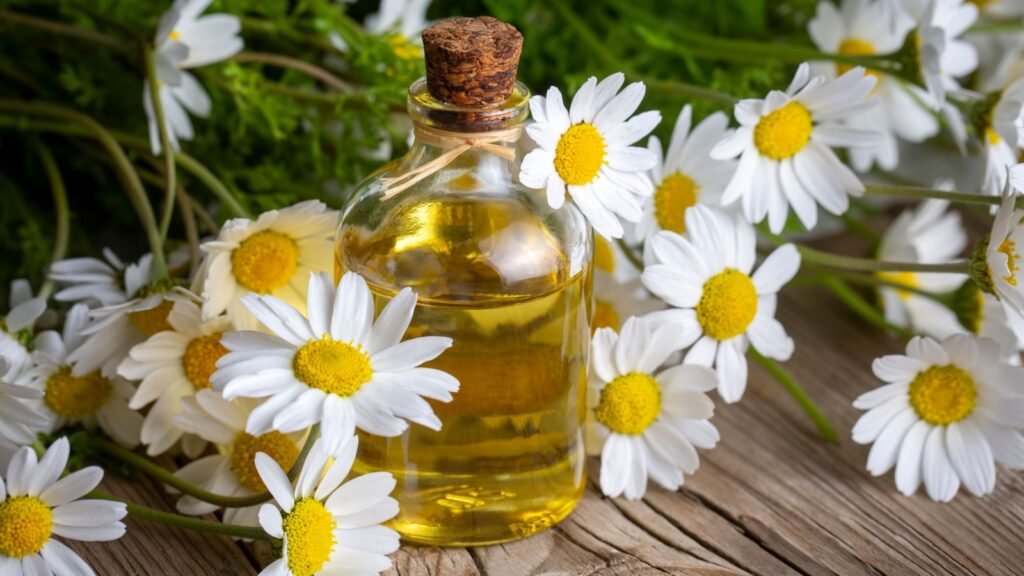
Chamomile is famous for its calming effects, often used to ease anxiety and promote sleep. It prefers full sun and well-drained soil, and it grows well in containers. Harvest the flowers and steep them for a gentle sleep tea, or add dried blossoms to a bath for stress relief.
3. Aloe Vera for Burns and Skin Irritations
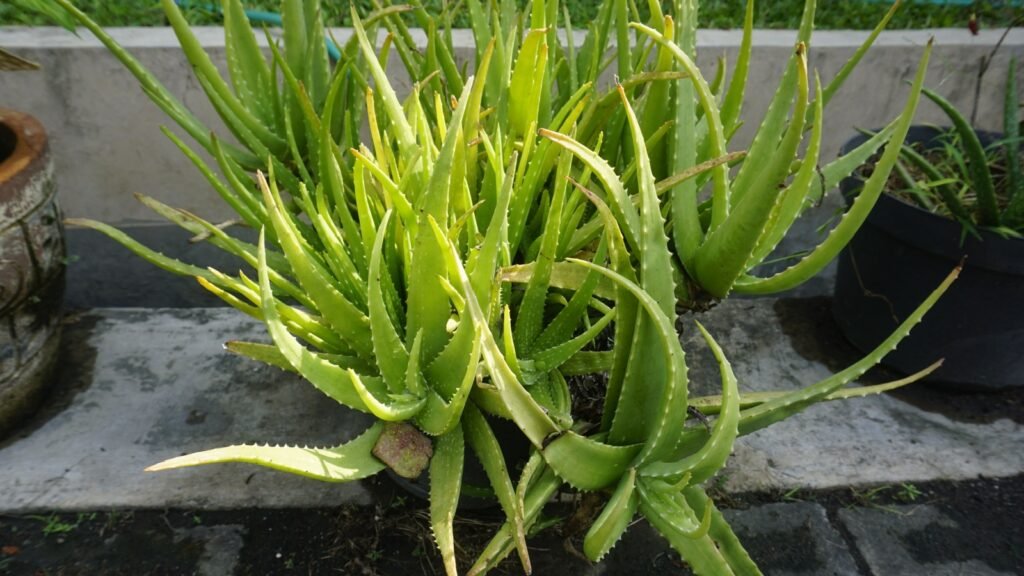
Aloe vera is essential for any medicinal garden because of its amazing skin-healing properties. It does well in sunny, dry conditions and is very low-maintenance. Simply snap off a leaf and apply the gel directly to burns, scrapes, or insect bites for fast relief.
4. Echinacea for Immune Support
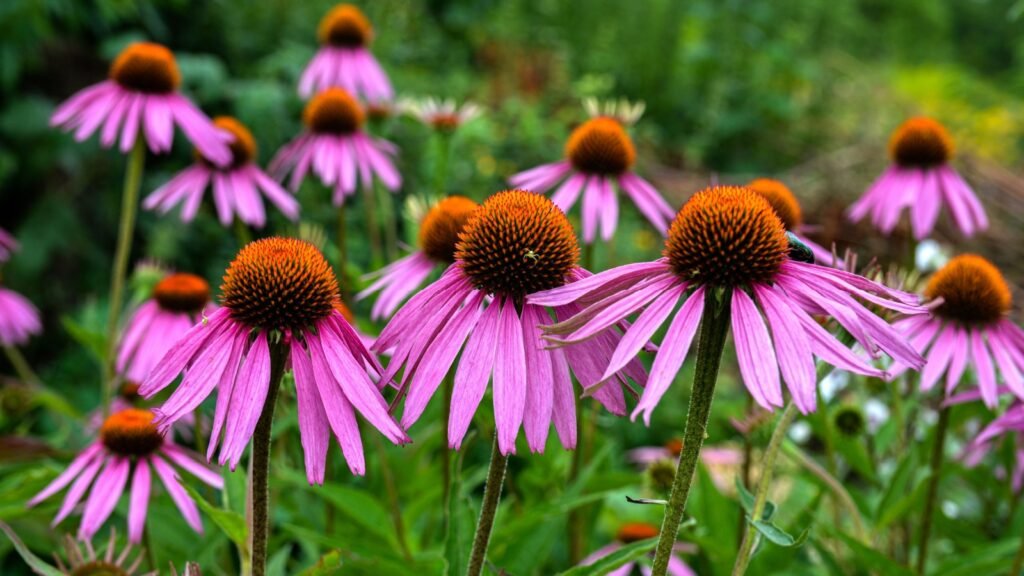
Echinacea, or coneflower, is an immune-boosting powerhouse. This perennial loves full sun and well-drained soil. Use the flowers and roots to make teas or tinctures that may help reduce cold symptoms and shorten illness duration.
5. Lavender for Headaches and Anxiety
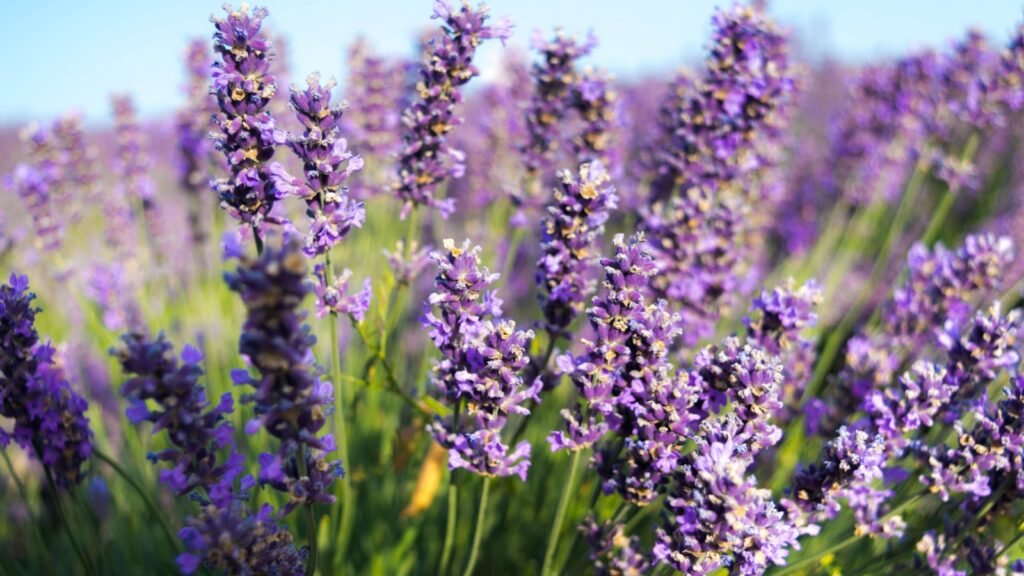
Lavender is known for its soothing properties, and it’s a great choice for headaches and anxiety relief. This herb prefers full sun and dry soil. Harvest the flowers and use them to make sachets, oils, or teas that help you relax and de-stress.
6. Ginger for Nausea and Joint Pain
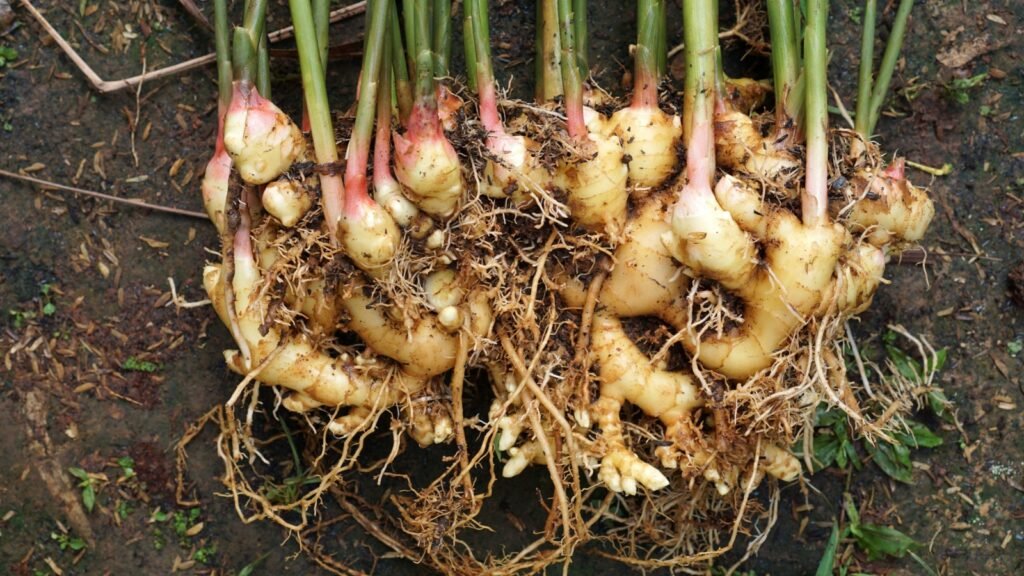
Ginger can be grown in a garden bed or a pot, as long as it has a warm, humid environment. Known for its anti-inflammatory properties, ginger is excellent for reducing nausea and easing joint pain. Use the fresh root in teas or as a spice in cooking to experience its benefits.
7. Lemon Balm for Anxiety and Insomnia
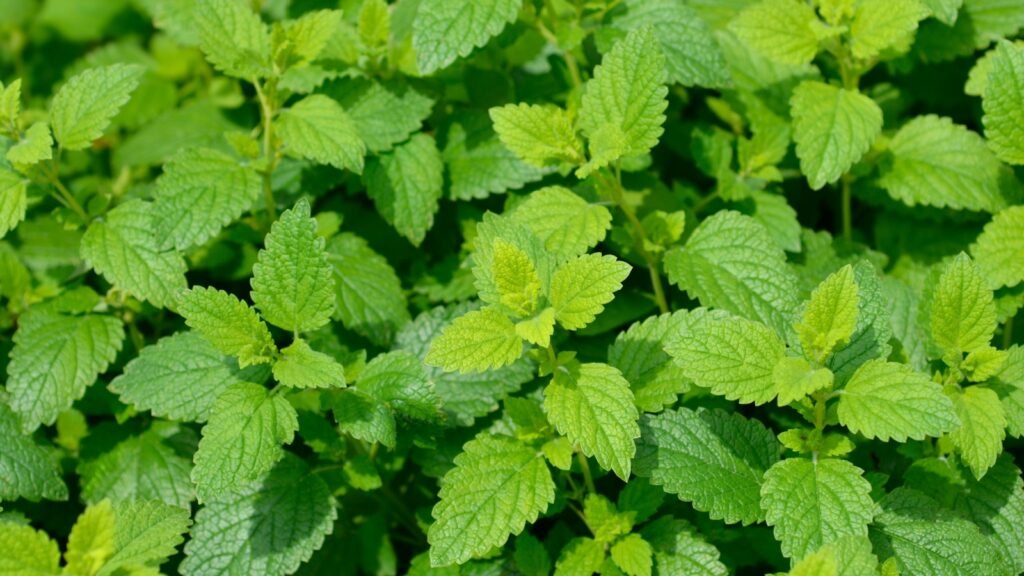
Lemon balm has a mild, lemony scent and is great for calming anxiety and promoting sleep. It grows well in both sun and part shade and can be used fresh or dried in teas. Drinking lemon balm tea can provide a gentle, soothing effect without drowsiness.
8. Thyme for Respiratory Health
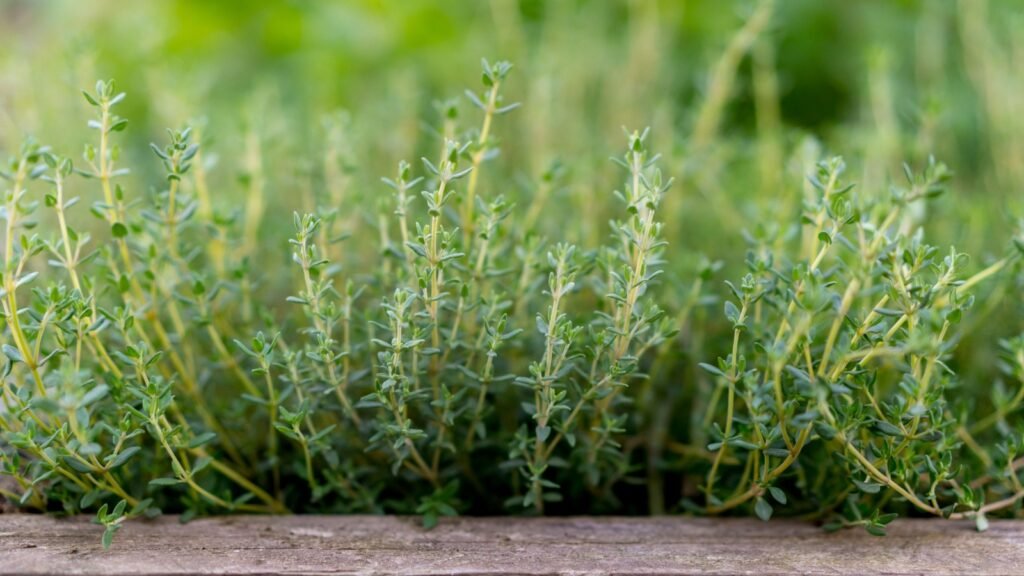
Thyme is a natural antimicrobial that’s perfect for respiratory health. It grows best in full sun with well-drained soil. Brew thyme tea to help soothe a sore throat, or inhale steam from boiled thyme leaves to relieve congestion.
9. Calendula for Skin Health
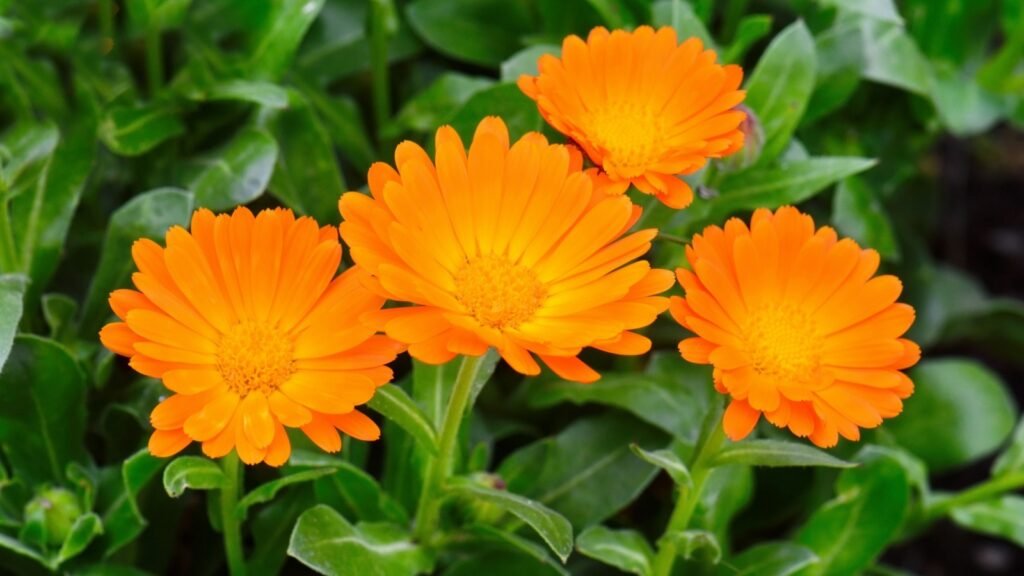
Calendula, or pot marigold, has anti-inflammatory and antiseptic properties, making it ideal for skin issues. This hardy flower grows well in sunny spots and can be used in balms or salves to soothe cuts, rashes, and other irritations.
10. Sage for Sore Throats and Menstrual Pain
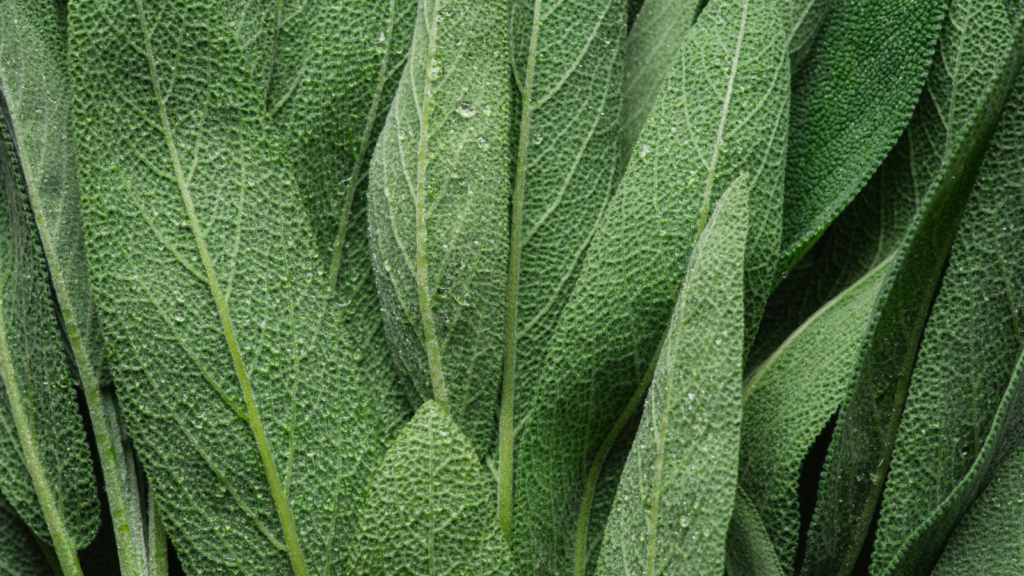
Sage is a robust herb that works wonders for sore throats and menstrual cramps. It prefers full sun and dry soil. Brew a sage tea to ease sore throats or gargle with it to relieve inflammation.
11. Garlic for Immune Boosting and Infections
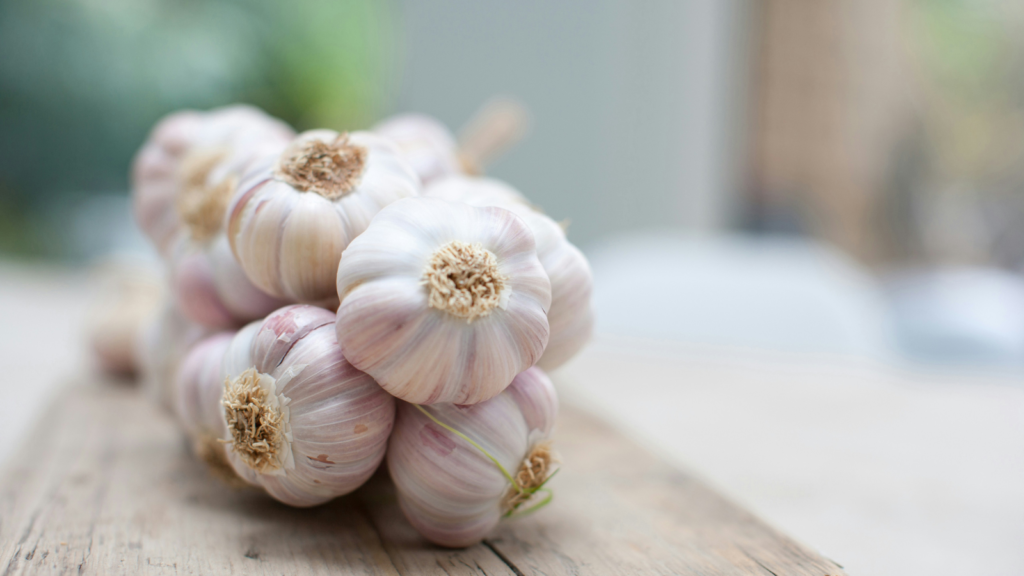
Garlic is known for its immune-boosting and antimicrobial properties. It’s easy to grow in a sunny spot and thrives in most soil types. Use garlic in cooking or eat it raw for maximum benefits, particularly for cold and flu season.
12. Rosemary for Mental Clarity and Memory
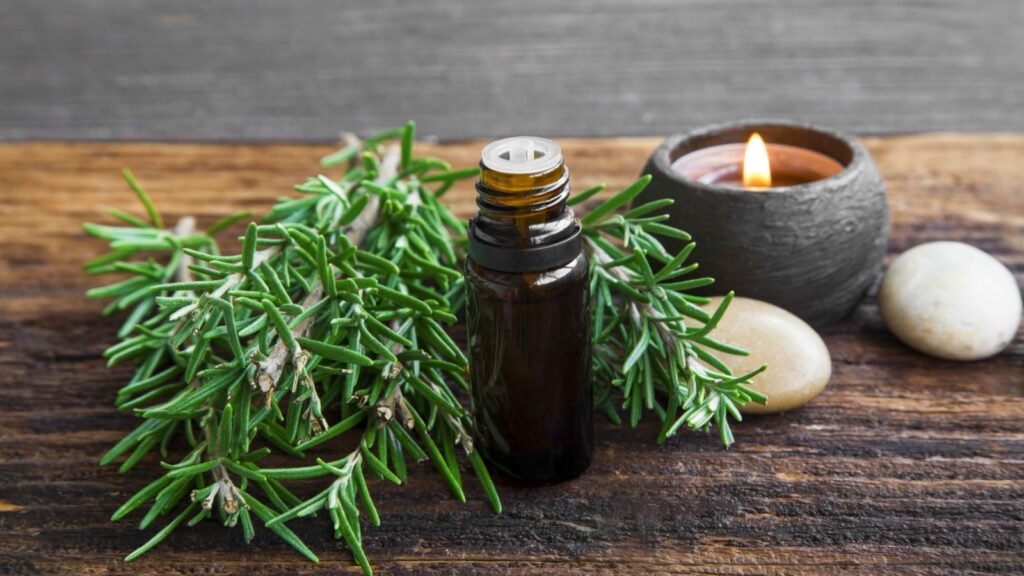
Rosemary is a fragrant herb that can enhance memory and concentration. This Mediterranean plant loves full sun and dry soil. Add fresh rosemary to dishes, or inhale its scent to increase focus and mental clarity.
13. St. John’s Wort for Mild Depression and Nerve Pain
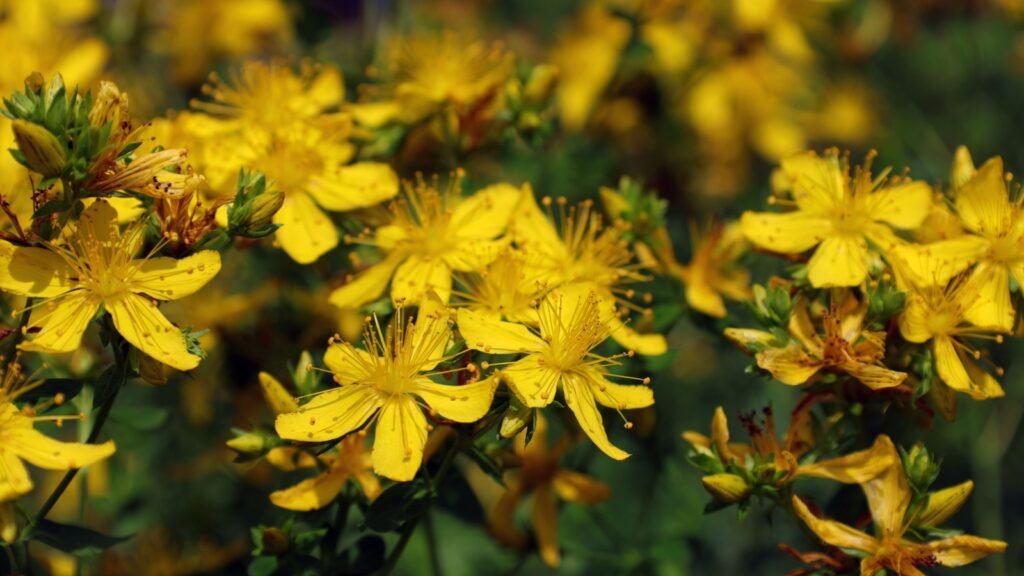
St. John’s Wort is often used for its mood-lifting effects. It grows best in full sun and well-drained soil. Use the flowers to make oils or teas, but be cautious, as it can interact with some medications.
14. Basil for Headaches and Digestion
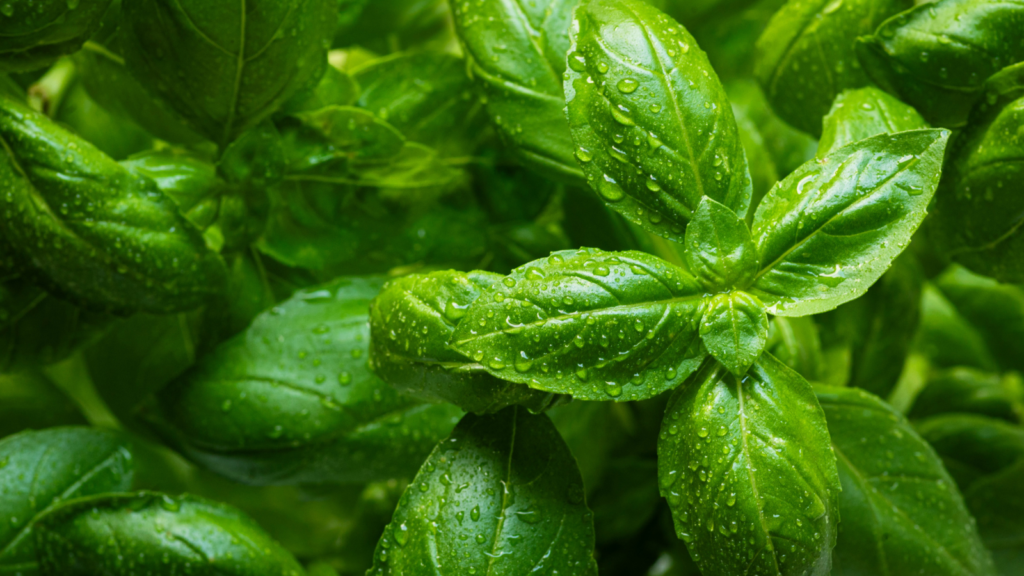
Basil isn’t just a culinary herb; it’s also helpful for headaches and digestive issues. It does best in full sun and well-drained soil. Make a fresh basil tea or use it in recipes to get its health benefits while enjoying its flavor.
15. Yarrow for Cuts and Wounds
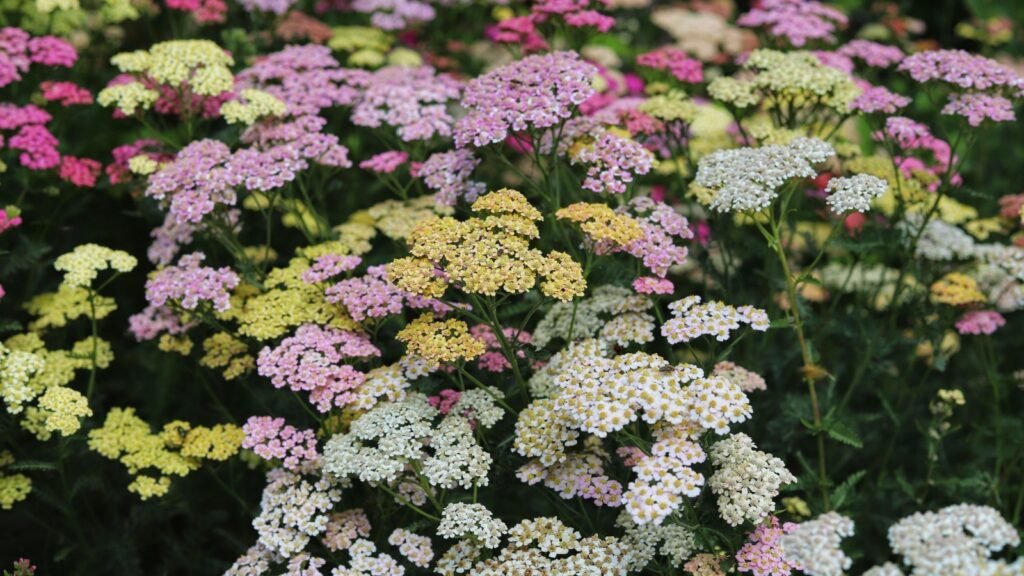
Yarrow has been used for centuries to stop bleeding and heal wounds. It’s hardy and grows well in poor soil and full sun. Crush fresh leaves and apply them directly to cuts, or use dried yarrow in salves to promote healing.

